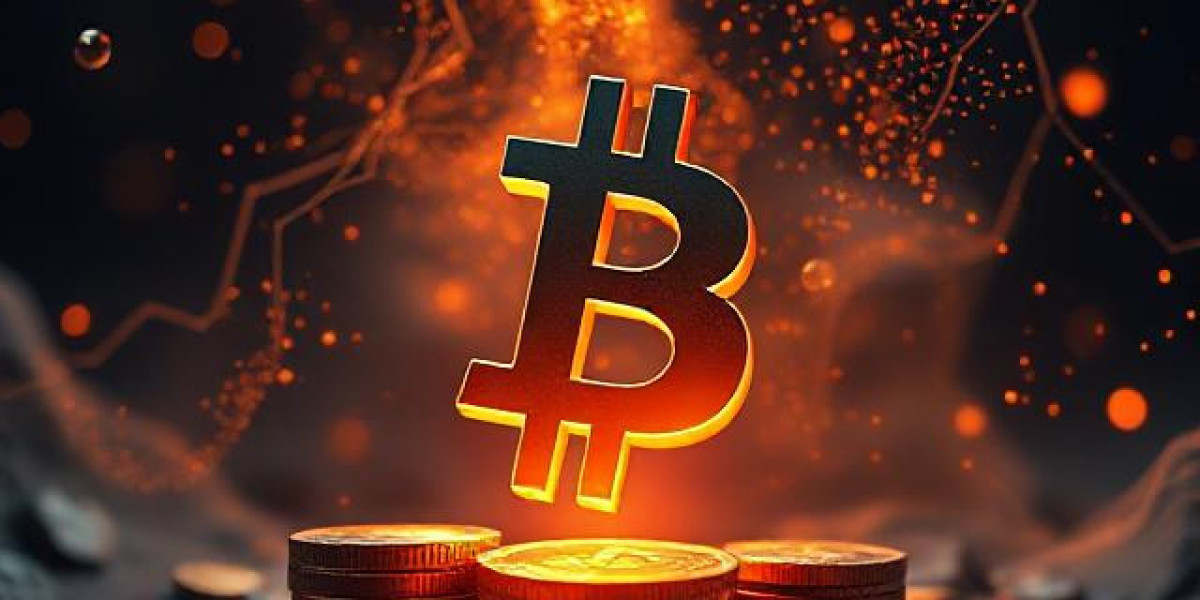In the fast-evolving world of cryptocurrency, the term bitcoin miner is frequently used. But what exactly is a bitcoin miner, and why is it so essential in the blockchain ecosystem? This article aims to explore the role, functionality, types, and future of bitcoin miners, maintaining an SEO-optimized keyword density for the term bitcoin miner.
What is a Bitcoin Miner?
A bitcoin miner refers to either an individual or a machine that performs the task of verifying and adding new transactions to the Bitcoin blockchain. In simple terms, bitcoin mining is the process through which new bitcoins are introduced into circulation. This process is performed by solving complex mathematical problems, and the first miner to solve the problem gets rewarded with bitcoin.
Bitcoin miners are the backbone of the decentralized Bitcoin network. Without them, the entire system would cease to function, as transactions would go unverified and blocks would remain unprocessed.
How Does a Bitcoin Miner Work?
Every time a transaction occurs on the Bitcoin network, it gets grouped into a “block.” A bitcoin miner takes this block and runs a complex computational process known as Proof-of-Work. The goal is to find a specific value called a hash that fits certain conditions dictated by the Bitcoin protocol.
The process involves guessing numbers repeatedly until a valid hash is found. The first bitcoin miner to find the correct hash broadcasts the solution to the network. Once confirmed by other miners, the block is added to the blockchain, and the miner is rewarded with newly minted bitcoins and transaction fees.
This competitive process ensures the integrity and security of the Bitcoin network, as it would require massive computational power to alter past transactions.
Why is Bitcoin Mining Important?
Bitcoin mining serves several essential purposes:
Transaction Verification: Every bitcoin miner helps to confirm transactions on the network, maintaining its reliability.
Network Security: The mining process protects the network against double-spending and malicious attacks.
Decentralization: Bitcoin miners are spread worldwide, ensuring no single entity controls the network.
Issuance of New Bitcoins: Mining is the only way new bitcoins enter circulation, ensuring a controlled and predictable supply.
Without bitcoin miners, the decentralized nature of Bitcoin would be compromised, making the network susceptible to fraud and centralization.
Types of Bitcoin Miners
There are several types of bitcoin miners, and choosing the right one depends on factors such as budget, electricity costs, and technical knowledge.
1. CPU Miners
In the early days of Bitcoin, it was possible to mine using a regular computer CPU. However, as the network grew, CPU mining became obsolete due to its inefficiency.
2. GPU Miners
Graphics Processing Units (GPUs) offered more power and efficiency than CPUs. GPU miners were popular among hobbyists and small-scale operations before more advanced hardware became available.
3. ASIC Miners
Application-Specific Integrated Circuits (ASICs) are custom-built devices optimized for mining bitcoin. ASIC bitcoin miners are currently the most efficient and widely used machines in large-scale mining operations.
Factors to Consider When Choosing a Bitcoin Miner
If you're interested in becoming a bitcoin miner, consider the following:
Hash Rate: This refers to the speed at which a bitcoin miner can solve the computational puzzles. A higher hash rate means a higher probability of mining a block.
Energy Consumption: Mining is energy-intensive. Look for a bitcoin miner with a good performance-to-power ratio.
Cost: High-end ASIC miners can be expensive. Ensure the potential return on investment justifies the cost.
Location: Countries with cheap electricity and cold climates are ideal for bitcoin mining.
Challenges Faced by Bitcoin Miners
Despite its profitability, being a bitcoin miner comes with several challenges:
High Energy Costs: Mining consumes a significant amount of electricity, leading to high operational costs.
Regulatory Risks: In some countries, bitcoin mining is restricted or banned due to environmental or financial concerns.
Mining Difficulty: As more miners join the network, the difficulty level increases, requiring more powerful hardware to remain competitive.
Hardware Wear and Tear: Continuous operation leads to hardware degradation, necessitating regular maintenance or replacement.
Future of Bitcoin Mining
The future of bitcoin miners is intertwined with the evolution of blockchain technology and energy innovation. With growing environmental concerns, there's a push toward sustainable mining practices. Innovations like immersion cooling, renewable energy mining farms, and more efficient ASIC designs are shaping the future.
Moreover, as the block reward continues to halve every four years (the next halving is expected in 2028), transaction fees may become a more significant revenue source for bitcoin miners. This economic shift will likely impact the structure of mining operations.
Conclusion
A bitcoin miner plays a crucial role in maintaining the integrity, security, and continuity of the Bitcoin network. From validating transactions to ensuring decentralization, bitcoin miners are indispensable to the blockchain ecosystem. As the industry evolves, so will the technology and strategies behind bitcoin mining. Whether you're a tech enthusiast or a potential investor, understanding the fundamentals of what a bitcoin miner does can provide valuable insights into the world of cryptocurrency.








